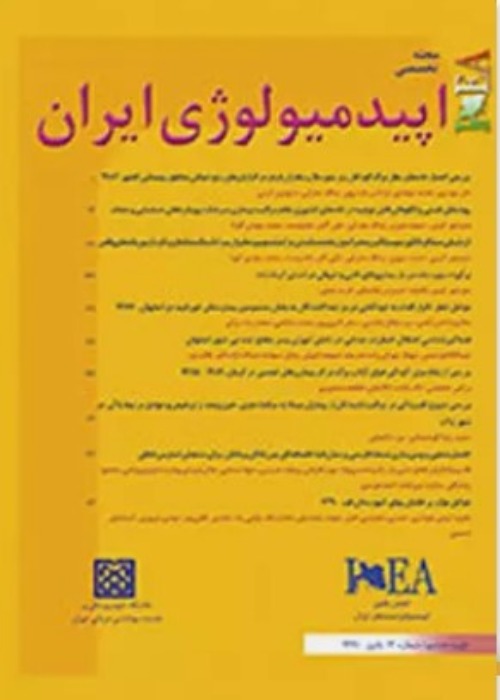Economic Resilience of Families in a Suburban Residential Area in the COVID-19 Pandemic: A Qualitative Study
Faster than expected, the COVID-19 disease changed people's lives on an unprecedented scale. The present research aimed to shed light on the economic challenges of the pandemic and the efforts made concerning economic resilience. Thus, this study delved into the experience of families residing in a suburban town.
The present study was qualitative in type. It used a qualitative content analysis with a guided approach conducted through 17 in-depth semi-structured individual interviews with subjects over 15 years of age living in Tawheed Gonabad town. These subjects had lived in the area for at least three years. The interviews were held and audio-recorded in a purposive sampling method after gaining informed consent from the participants in the spring of 2021. In order to estimate the validity of the data, Lincoln and Goba's criteria were used.
The economic resilience of families during the pandemic was marked by three main categories and nine sub-categories. The categories were:1) changes to the economic dimension of the family (the sub-categories: employment, income, consumption and socioeconomic status),
2) solutions to the economic changes of the family (sub-categories: reliance on internal resources, family and receiving support from outside of the family), and
3) the effectiveness of economic resilience of families at higher levels (sub-categories: macroeconomics, family social capital and regional resilience).
As more detailed results showed, the pandemic has caused a decrease in the income and consumption of essential items in quantity and quality and imposed excessive costs on the target community. The dominant solution to economic problems has been changing consumer’s behavior and income diversification. The lack of supportive plans, poor social networks and the identity of the neighborhood are the significant barriers to the increase of economic resilience.
The families investigated in the present study were vulnerable in many ways and had low economic resilience. In order to improve the families' level of economic resilience, it is necessary to know the context and carry out interventions and support plans based on the families' internal and external capacities, including the neighborhood's empowering conditions.
- حق عضویت دریافتی صرف حمایت از نشریات عضو و نگهداری، تکمیل و توسعه مگیران میشود.
- پرداخت حق اشتراک و دانلود مقالات اجازه بازنشر آن در سایر رسانههای چاپی و دیجیتال را به کاربر نمیدهد.


